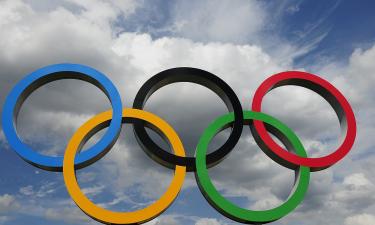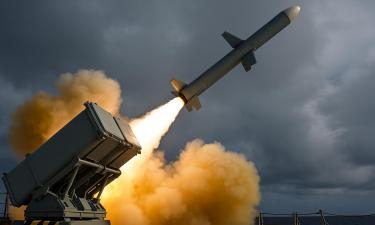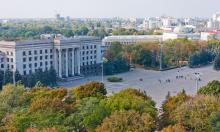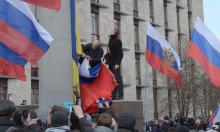Presidential Elections in Chechnya And Russian Human Rights Organizations
 There is less than a month left before the Chechen presidential elections. According to preliminary polls, about 70% of voters intend to go to the polling stations. This is a rather high index for Russia. When applied to Chechnya, it inspires wary optimism.
There is less than a month left before the Chechen presidential elections. According to preliminary polls, about 70% of voters intend to go to the polling stations. This is a rather high index for Russia. When applied to Chechnya, it inspires wary optimism.
Nevertheless, the problems relating to Chechen elections are still there and they are serious enough. In connection with this, one of the main tasks facing the human rights community and the Russian public was the organisation of a system of public control over the holding of these elections and vote-counting. Such a system could then have been used in the rest of the country and tested as early as the next six months when the Russian citizens elect deputies to the State Duma and the president.
However, these plans were not destined to come true. At any rate, our committee will not be able to conduct a large-scale monitoring of Chechen elections, which it intended to do.
First of all, it cannot do this because Russian human rights champions decided to reject the official status of observers in Chechen elections. This was done on the recommendation of Chechen public organisations. They suggested that a situation where the presence of representatives of human rights organisations could be used as a pretext for recognising the elections as legitimate had to be avoided.
Apart from that, a number of Russian human rights organisations such as the For Civil Rights Committee, Civil Assistance Committee, the For Human Rights Movement and others refused to send their observers to the presidential elections in Chechnya. Their spokesmen declared that they could not prevent forged ballot papers and "will not support the illusion of the legality of the elections of the first president of the Chechen Republic in October 2003".
Meanwhile, the pre-election situation in Chechnya is also changing. Now that such authoritative candidates as Aslambek Aslakhanov and Khusein Dzhabrailov have announced their withdrawal from the election campaign, Akhmad Kadyrov, the current acting Chechen president appointed by the Kremlin, has practically no serious rivals left. The outcome of elections is clear to many even now.
However, this notwithstanding, I consider the behaviour of some of the Russian human rights organisations that refused to send observers to Chechen polling stations to be a moral defeat of the Russian human rights movement. We in our human rights movement have got "hawks" and "doves" of our own and at this moment "the hawks," who are actually calling for the presidential elections in Chechnya to be postponed, are gaining the upper hand.
However, is it worth rejoicing over this? Is it worth procrastinating endlessly in the hope of a normalisation of the situation in the republic in order to hold elections in conditions more conducive for a free expression of the Chechen people's will? Ideally, it's all right, but in the real situation in Chechnya this model is perhaps not the best. I do not rule out that for this idea to be implemented, we will have to wait for another 30-40 years and the chance that is on offer now will be lost.
The presence of observers, even those who have no official status, in elections is a signal to the population of Chechnya that their will and position will not be doctored during the voting, but will become transparent at last. It is obvious that this will help to take the edge off the confrontation in Chechen society in the post-election period.
Sending observers is also important from another point of view. At present, no one in Russia or abroad has authentic, accurate information about what is happening in Chechnya. The presence of observers at all the republic's polling stations would give us a chance to start rectifying this situation.
It goes without saying that far from all Russian human rights champions refuse to send their observers to presidential elections in Chechnya. Most of them, including the authoritative Moscow-based Helsinki Group, will send members to the republic. Representatives of over 200 local public organisations will observe the course of elections in Chechnya.
It is beyond doubt that all of them, and the more so - ordinary Chechen citizens - will need the help of the observers delegated by foreign national, as well as international organisations. Invitations have already been forwarded to them and hopefully they will accept them.
The presidential elections in Chechnya are too important to reject any form of public control over them.
Ella PAMPHILOVA, chairperson of the human rights commission under the Russian president
RIAN
Subscribe to Pravda.Ru Telegram channel, Facebook, RSS!





